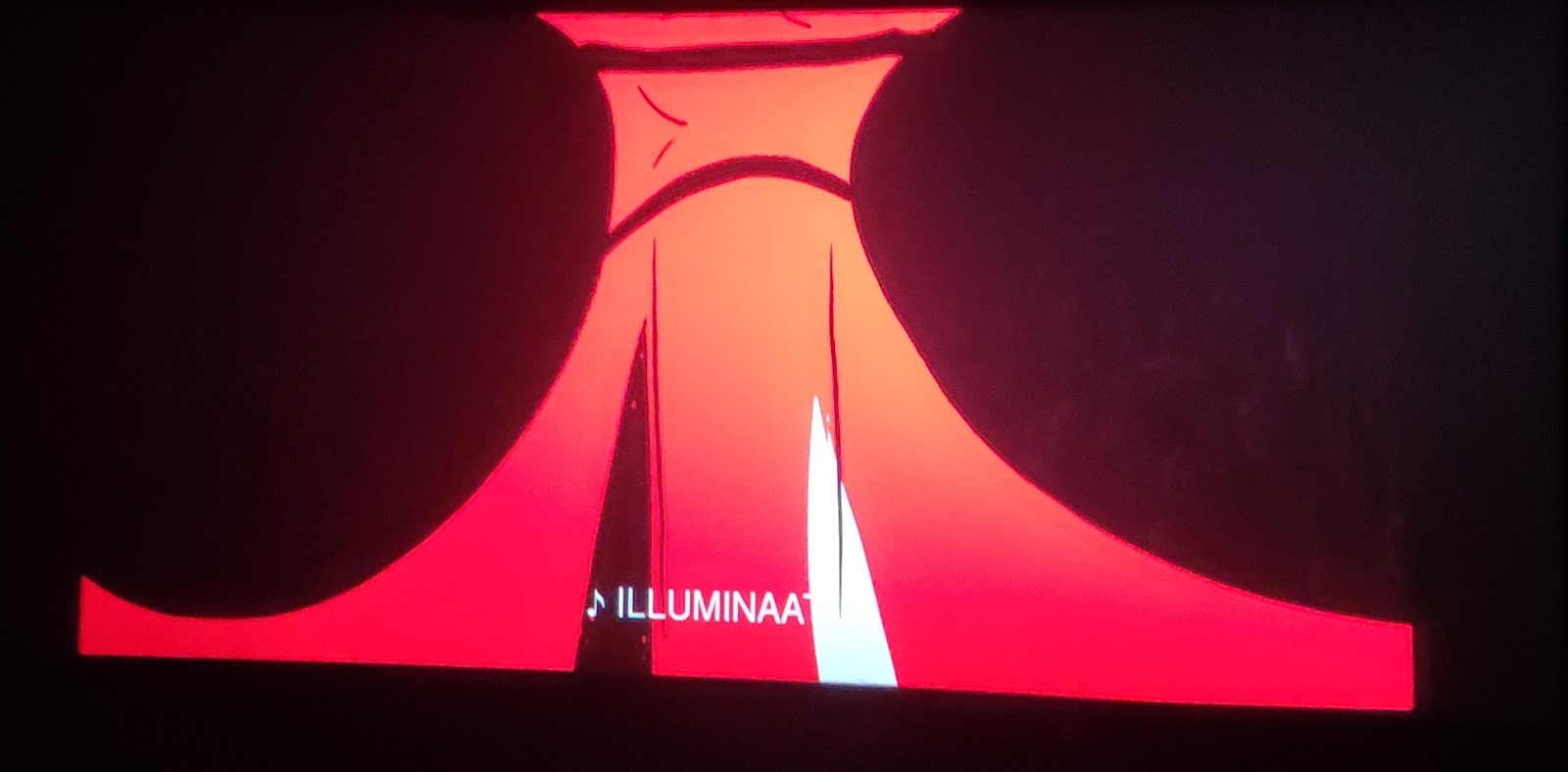Dawn of everything Chapter 1 - Fairwell to humanity - analysis blog
The dawn of everything is a book which promises to give us a new story of human history. Why is there a need to tell a new story? What has been the narration which has primarily evolved in the process of telling the story of human kind?
Here the author clearly says that this book is not a story of inequality or the origin of inequality. Was there really a time when there was no inequality in the name of race, religion and language and did an egalitarian society really exist?
A vivid comparison between Rousseau's discourse on the origin and foundation of inequality among mankind (1754) and Thomas Hobbes's Leviathan (1651) in this chapter is hard to ignore. While Rousseau claimed that humans were originally egalitarian and became corrupted after the advent of agriculture, Hobbes asserted that Human's were brutish and chaotic, only after mechanisms like state, governments and courts we have become civilized. Rousseau would call these civil bodies a repressive mechanism.
The authors (David Graeber and David wengrow) negate both the claims as they aren't true, have dire political implications and make the past needlessly dull in there opinion. The authors back their work with scientific evidences, archaeological and anthropological researches.
"The world of hunter gatherers was a bold social experiment and was a carnival of political reforms."
Indigenous critique:
The authors stress on the significance of the indigenous critique for the evolution of the European Enlightenment. What is indigenous critique? It is the reaction of the indigenous people mainly in the newfound land of America during the 15th and 16th century to the European way of life. The men and women who were living freely without any inhibitions despised the European way which was very rigid and had many rules which seemed unnecessary to the indigenous people. The interactions between the Europeans and the indigenous people and the availability of the records of these interactions to the enlightenment thinkers played a major role in formation of new ideas of liberty and equality.
The book also tells the story of the people who were captured by the indigenous tribes and escaped, made a choice to go back to them and live with them, as their way of life was more pleasant.
Is the author trying to glorify the Indigenous way of life?
Definitely not, he actually portrays them as people with free will to choose to do things they like instead of portraying them as dull lab rats of history. He gives several examples in which the indigenous societies had a clear grasp of politics.
They were not unaware of trade, gambling, entertainment and they were not an isolated group of people. The author gives us examples of "long distant interaction spheres" which implies that different tribes communicated with each other, they weren't isolated lonely bands as many people portray them to be.
Human history, how we see it:
The human history was not mere stages of development. It is not a mere transition from hunter gatherers to farming societies to industrial revolution. Instead it was a result of interactions. The authors say that as much as 30,000 years of human history is unaccounted for and all human clans and groups couldn't have lived with zero political structures for all those years
What do we talk when we talk about history? Do we always come back to the same question "when did we start to treat each other badly" was agriculture the original sin which created private property and in turn made us all greedy creatures with graded inequality?
This book promises to answer a lot of these questions and give a hopeful version of human history.


Comments
Post a Comment